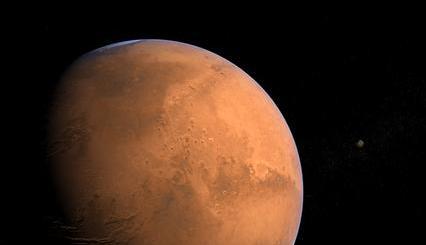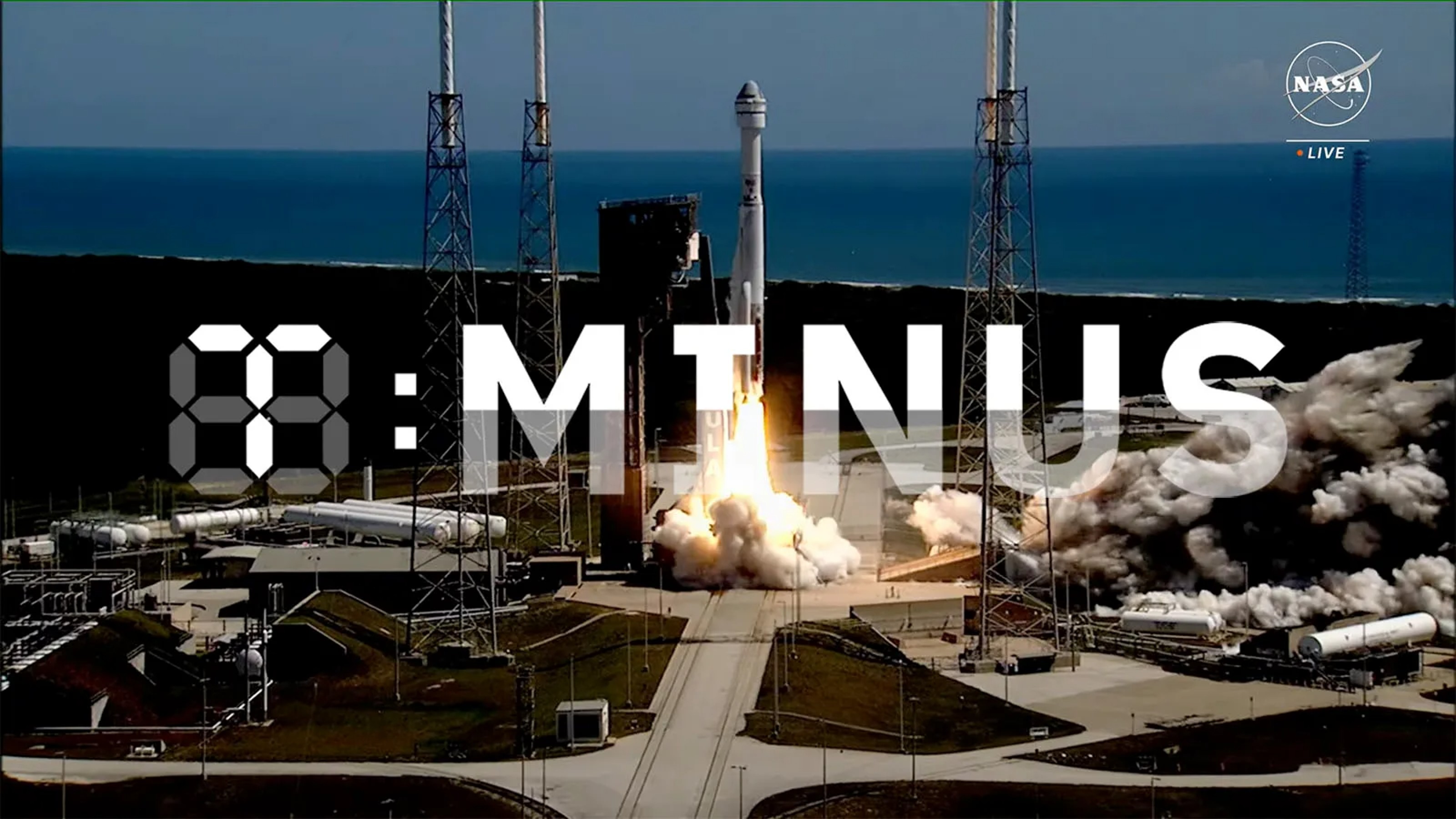New Heat Shield Could Protect a Manned Mission to Mars

What’s the Latest Development?
NASA has successfully tested a new inflatable heat shield designed to carry heavier payloads through planets’ atmospheres and down to their surfaces. Called the Inflatable Re-entry Vehicle Experiment 3, or IRVE-3, the shield will help create the next generation of reentry systems for spacecraft. Neil Cheatwood, IRVE-3 principal investigator at NASA’s Langley Research Center, said: “As far as the applicability of the technology, [we were] originally motivated to do this to allow us to potentially land more masses at Mars.” Because the IRVE-3 is sturdier than previous models, mission managers would have more options for where to land future spacecraft on Mars.
What’s the Big Idea?
Achievements in space technology work in increments. Once a certain goal has been achieved, engineers are free to build on its success. With the nearly 2,000-pound rover Curiosity set to touch down on Mars in less than two weeks, NASA will be looking to land larger payloads in the future, such as a manned mission. The heat shield could also help the International Space Station clear its garbage without waiting for a restocking mission to arrive. NASA has already begun marketing the heat shield to private space companies, which could potentially use the technology to retrieve reusable rocketry pieces after launches, substantially bringing down the cost of space flight.
Photo credit: Shutterstock.com





